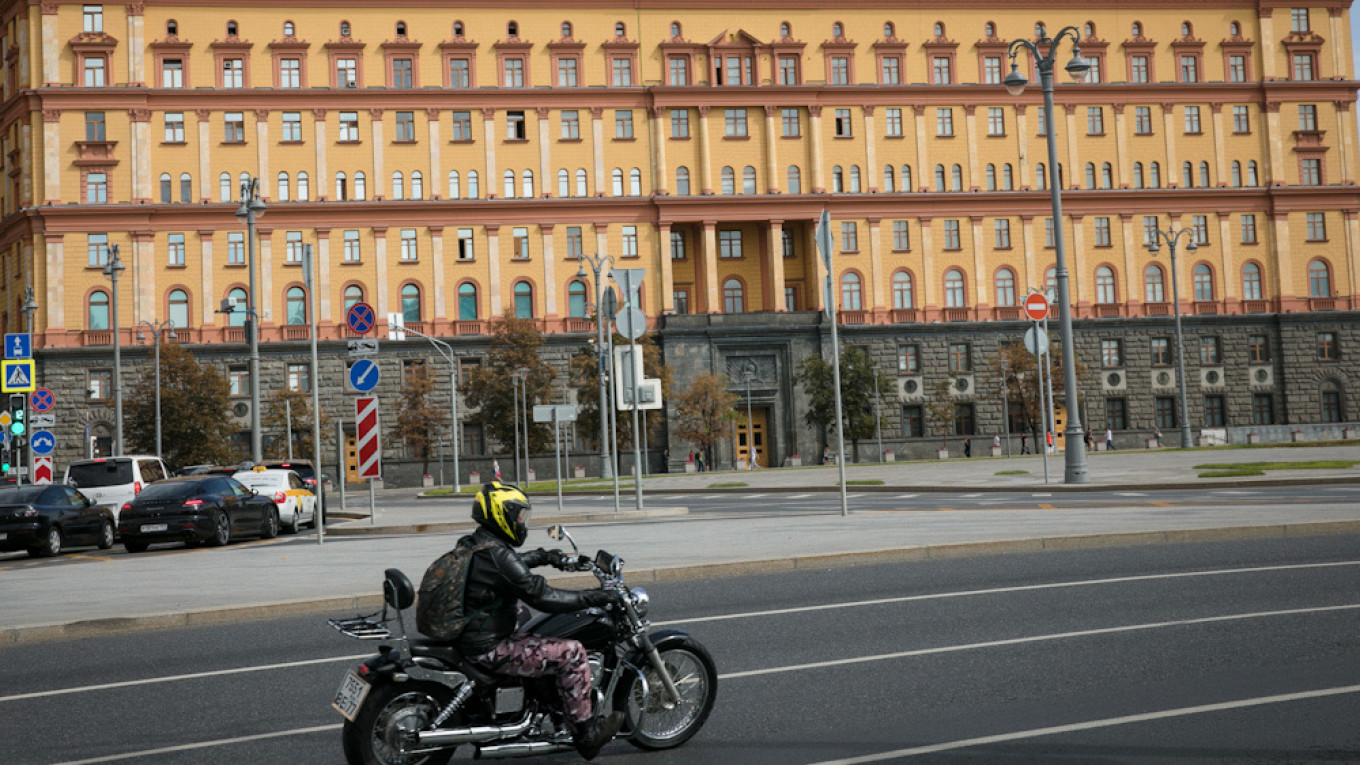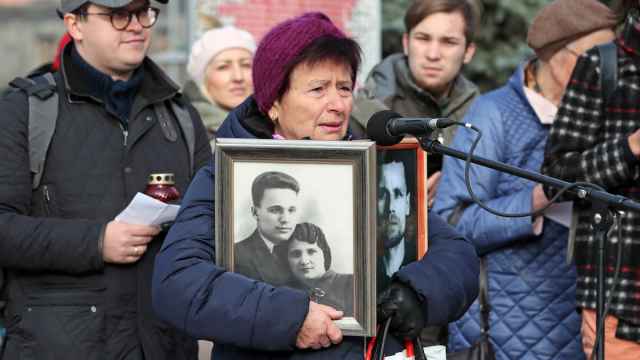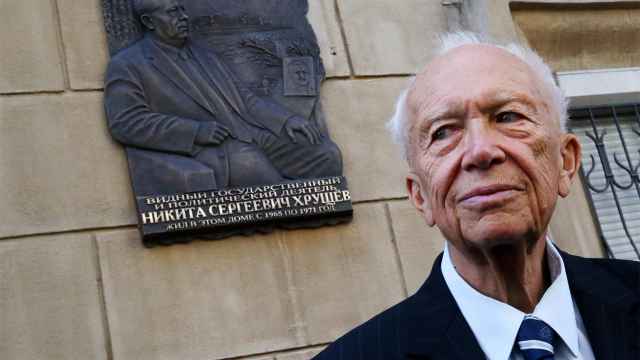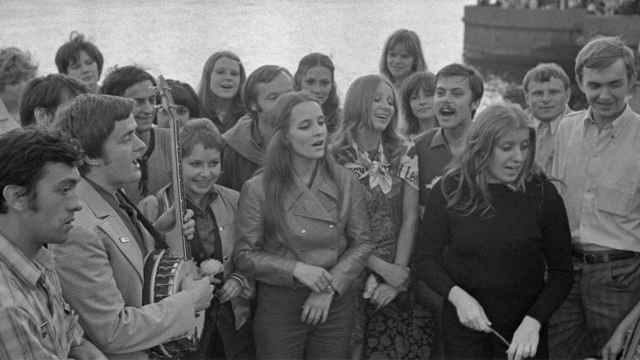The Moscow Civic Chamber plans to launch a citywide vote next week on whether to restore the statue of the Soviet secret police’s notorious founder 30 years after it was toppled, its senior member announced Friday.
The monument to “Iron” Felix Dzerzhinsky, who headed the Cheka secret police following the 1917 revolution, was removed from the KGB headquarters with the fall of the Soviet Union in 1991. It currently stands in the open-air Fallen Monument Park an hour’s walk south of the building that now houses the Federal Security Service (FSB).
Nationalist figures including writer and party leader Zakhar Prilepin asked municipal authorities earlier this month to restore the “Iron Felix” monument, arguing in an open letter that its teardown was illegal.
A cross-platform online vote will offer a choice of bringing back Dzerzhinsky or erecting a statue of Alexander Nevsky, the 13th-century Novgorod prince who defeated German invaders, said Alexei Venediktov, the Civic Chamber’s deputy chairman.
Residents of the Russian capital will be able to cast their votes in the blockchain e-voting platform called “Active Citizen” or via media outlets' websites starting next Thursday, according to the Podyom news channel. Moscow city councillors will also reportedly get to vote on whether to bring back the “Iron Felix” monument.
The vote will run for one week until March 5 and will only include two choices because the others — to build a fountain or leave Lubyanka Square as is — were not received as proposals, Civic Chamber chairman Konstantin Remchukov told Interfax.
Venediktov, who is also chief editor of the liberal Ekho Moskvy radio broadcaster, wrote on social media that he “abstained” from the Civic Chamber vote on launching the Feb. 25 online poll.
A number of public figures came out in opposition to restoring the “Iron Felix” monument, including Russian Orthodox Church leaders who called the move “a show of historical amnesia.”
“It’s a symbol of the creation of a repressive system, a service that has crushed the fate of millions of innocent people,” said Boruch Gorin, spokesman for Russia’s Federation of Jewish Communities.
“Restoring the monument means rehabilitating the era and the people who created it,” Gorin told the state-run RIA Novosti news agency.
A Message from The Moscow Times:
Dear readers,
We are facing unprecedented challenges. Russia's Prosecutor General's Office has designated The Moscow Times as an "undesirable" organization, criminalizing our work and putting our staff at risk of prosecution. This follows our earlier unjust labeling as a "foreign agent."
These actions are direct attempts to silence independent journalism in Russia. The authorities claim our work "discredits the decisions of the Russian leadership." We see things differently: we strive to provide accurate, unbiased reporting on Russia.
We, the journalists of The Moscow Times, refuse to be silenced. But to continue our work, we need your help.
Your support, no matter how small, makes a world of difference. If you can, please support us monthly starting from just $2. It's quick to set up, and every contribution makes a significant impact.
By supporting The Moscow Times, you're defending open, independent journalism in the face of repression. Thank you for standing with us.
Remind me later.






